Install Chrome on Fedora (GUI and via Terminal using Linux command)
Updated: February 16, 2026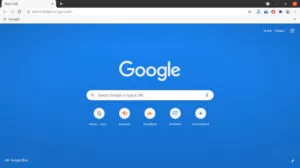
Chrome is a cross-platform web browser developed by Google for accessing the internet. It was first released for Microsoft Windows built with free software components and was later ported to Linux including fedora
Install Chrome on Ubuntu 20.04 (GUI and via Terminal with Linux command)
Updated: February 10, 2026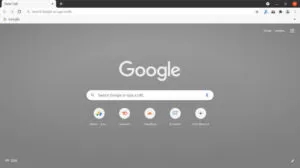
Google Chrome is a cross-platform web browser developed by Google for accessing the World Wide Web. It was first released for Microsoft Windows built with free software components and was later ported to Linux including ubuntu, macOS, iOS, and Android.
Install Chrome on Debian 9 (via Terminal using Linux command)
Updated: February 3, 2026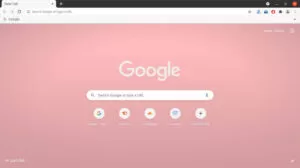
Google Chrome is a popular web browser and most widely used as a proprietary freeware application. It is developed by Google and used for accessing the world wide web and first released for Microsoft Windows built with free software components and was later ported to Linux including Debian 9.
Install Chrome on Centos 7 (via Terminal using Linux command)
Updated: February 2, 2026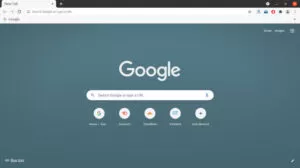
Google Chrome is a cross-platform web browser and proprietary freeware software, developed by Google. It is used for accessing the internet and first released for Microsoft Windows built with free software components and was later ported to Linux including centos 7,
Install Chrome on Debian 10 (via Terminal using Linux command)
Updated: January 25, 2026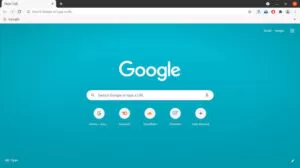
Google Chrome is a popular web browser and most widely used as a proprietary freeware application. It is developed by Google and used for accessing the world wide web and first released for Microsoft Windows built with free software components and was later ported to Linux including Debian 10.
Install Chrome on Centos 8 (via Terminal using Linux command)
Updated: December 21, 2025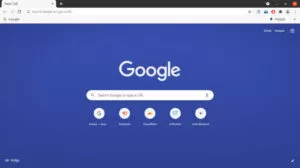
Google Chrome is a cross-platform web browser and most widely used as a proprietary freeware application. It is developed by Google and used for accessing the internet and first released for Microsoft Windows built with free software components and was later ported to Linux including centos 8.